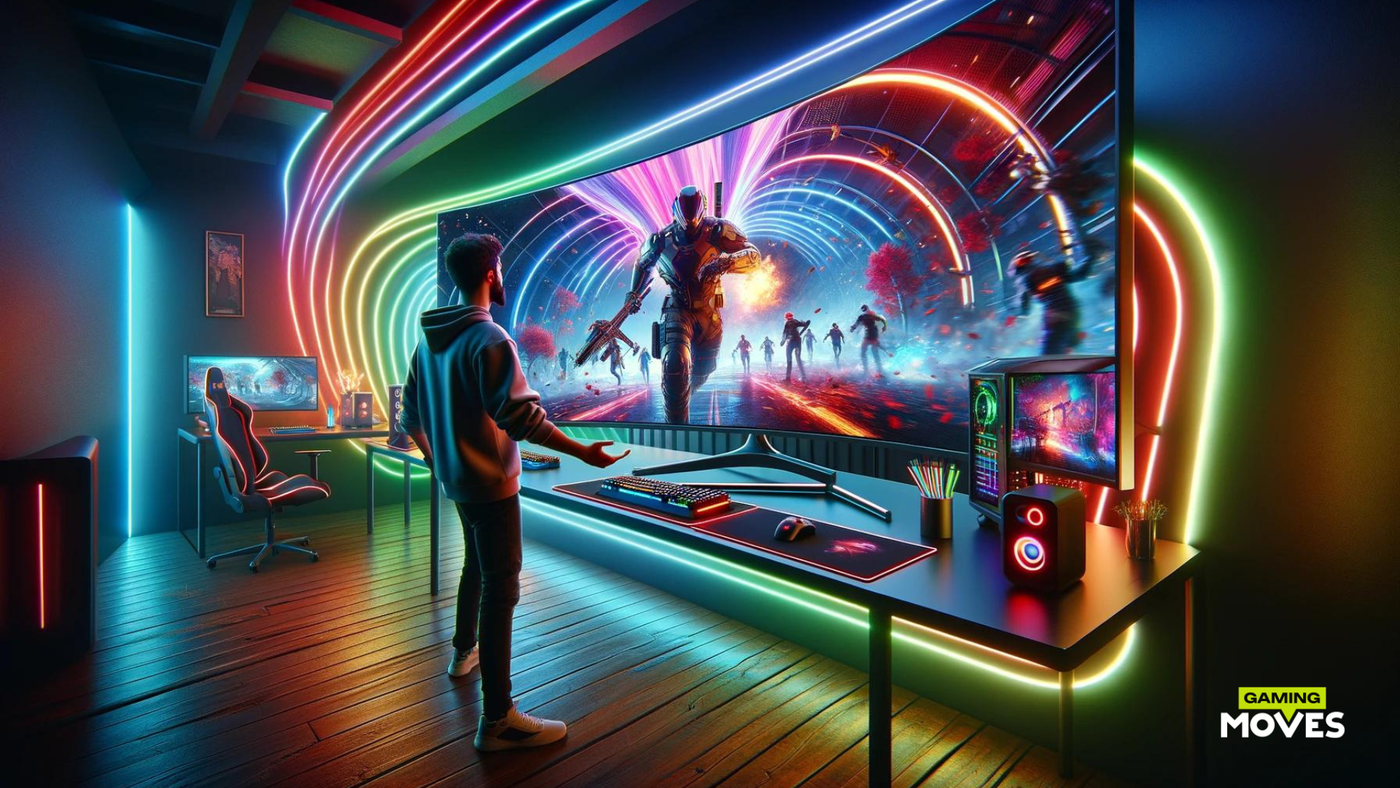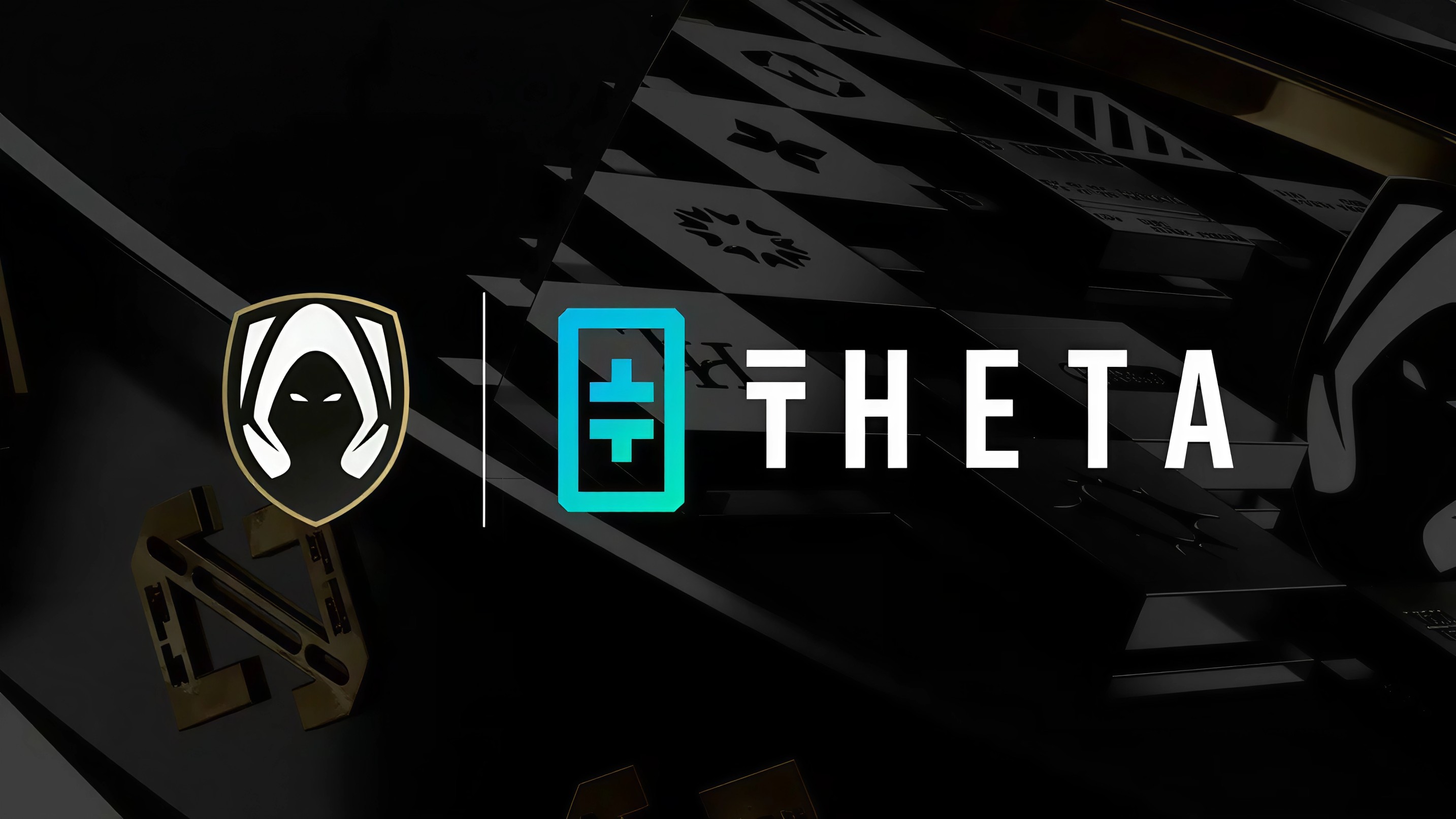Developed initially to aid NHS staff during the COVID-19 pandemic, MotionInput has evolved into a cutting-edge tool reshaping how users interact with computers, particularly in gaming. This transformation was led by Professor Dean Mohamedally and his team at UCL Computer Science, with substantial backing from tech giants like Intel, IBM, and Microsoft.
Development and Impact:
MotionInput, originating from UCL's dedicated efforts, has now transitioned into a robust AI-enhanced software, encapsulated within a spinout company, MotionInput Games, established in 2023. This innovative software encompasses 24 distinct features, enabling users to control their computers through gaze, air-written text, body movements, and hand gestures. This suite of features is particularly beneficial for users with physical limitations, such as limb differences or amputations, offering them an unparalleled level of accessibility and control.
Technology and Features:
The software utilizes Intel's AI software and the OpenVino toolkit to accurately interpret user gestures and movements, translating them into actionable commands within the digital space. These capabilities are a testament to the software's use of advanced machine learning models that adapt to a user’s physical capabilities, enhancing their interaction with technology without the need for specialized hardware.
Community Engagement and Feedback:
UCL has actively involved the community in refining MotionInput, inviting critiques from tech experts and users alike, including BBC technology reporter Paul Carter and students from the Richard Cloudesley School. These trials, featuring games like Minecraft and Rocket League, as well as educational tools like Microsoft MakeCode, have been crucial in driving iterative improvements to the software.
Vision and Future Directions:
Professor Mohamedally emphasizes that MotionInput epitomizes the shift towards equitable computing by making touchless interaction available on most PCs, including older models, without cost. Looking forward, MotionInput Games aims to expand its impact through collaborations with organizations like the National Autistic Society and Great Ormond Street Hospital, furthering the reach and efficacy of this transformative technology.
Conclusion:
MotionInput is more than just a tool; it's a movement towards making computing universally accessible. As it continues to grow and evolve, the potential for touchless and equitable computing to empower users, especially those with specific physical needs, is boundless. MotionInput not only enhances gaming experiences but also fosters an inclusive digital environment for all users.










